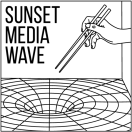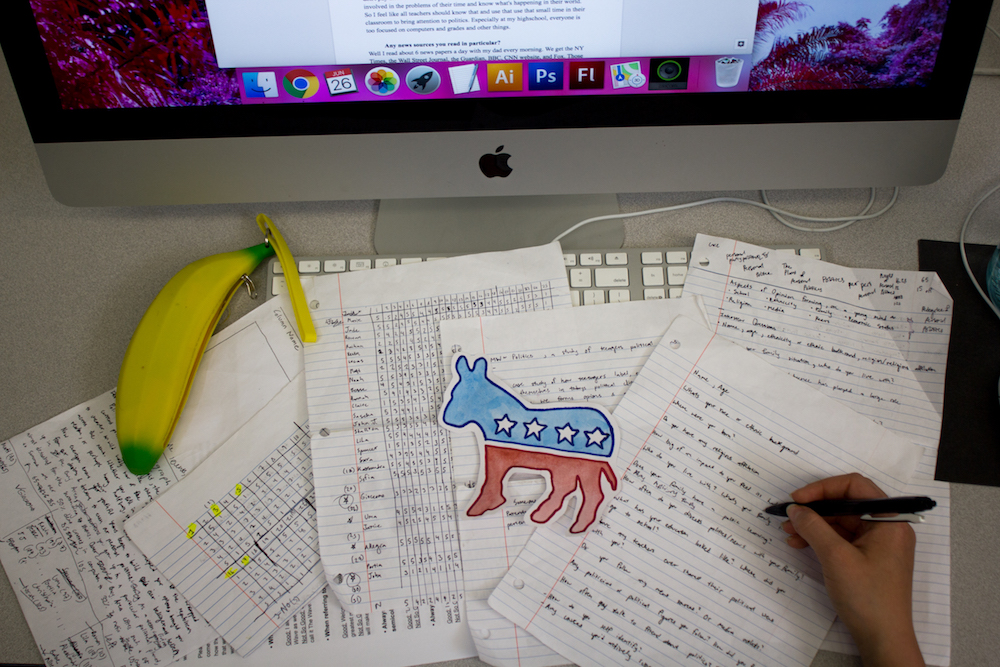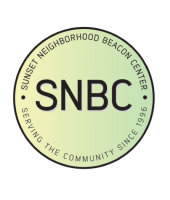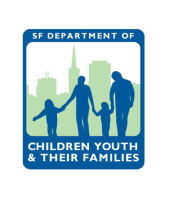Welcome into the political bubble, and while I promise to promptly pop it, let’s take our time. After sending out my political survey regarding current social issues, it came as no surprise that I received a wide variety of results including a section of intensely liberal individuals. So I took it upon myself to reach out and to interview these select “lefties” about their lives and circumstances that originated there political perspectives! For privacy’s sake, every person participating have been given a mock-up monicker, a fake name. For each interview, whether the person was a downright democrat or a radical republican they were asked a series of set questions regarding their personal life, education, and family, as well as political awareness, involvement, and perspectives.
For this particularly progressive pack of people, I had the pleasure of interviewing four Bay Area born-and-bred people of 16- and 17-years-old, with ranging religious relations and no exact ethnicity. The one similarity between all participants and religious affiliations was a continuous strain of some sort of spirituality, whether that be in their personal life or in school. I found a mix of particularly culturally Jewish practices and a puzzle of religious beliefs.
Do you have any religious affiliations?
Alex: I’m Jewish, but barely: ethnically Jewish. I do celebrate the Jewish holidays and I do the prayers, but I wouldn’t consider myself to be religiously Jewish. I am cultural, not religiously. I went to a Jewish school up until eighth grade, it’s had had an impact on me, but nothing huge or major.
Nancy: We kinda believe in a mix of things, so some teachings from Buddhism, Hinduism, Christianity, and a lot of those things, as well as celebrating solstices and some older religions. I don’t eat beef, because I learned about that through Hinduism and some texts I read from. Similarly, we do celebrate solstices, but occasionally we just forget, and then I have also been to [Catholic] church with my grandma.
As everyone knows, your education is essential in establishing your beliefs, so this is where I turned my attention next. One of the factors I found fascinating was that both Alex and 16-year-old Chloe had attended primary schools with a religious emphasis. I was, of course, very curious to see how this would culminate in their perspectives. Chloe, who went to a Catholic K-8, talked about having daily prayers at the beginning and end of the day, as well as religion class, but said overall that she didn’t feel it changed her political opinions much at all. However, Alex had a slightly different experience.
Alex: My Jewish school was very pro-Israel, and I am too, which may be a little bit contradictory to my other political views that really don’t agree with my views about Israel… It’s a lot more complicated then what’s just at the surface, and most people who don’t like Israel don’t know about the really intimate politics of the region. It’s very complicated, which is why I am pro-Israel, because of my family and the way I’ve grown up, especially my grandma. She lived in Israel when it was created.
But not everyone had the private or religious experience in school. Both Nancy and Sean went to prominent liberal public schools here in the city for elementary school, as Sean attested: “A lot of the things that would just be considered just healthy things for a child to do have been politicized, such as doing art in the classroom, which is now seen as hippy-dippy. We had an international festival, which was our version of a talent show, where people could show something about their culture. We worked on a lot of murals, it was pretty small, and I guess kind of hippy-dippy.”
Parents are your greatest teachers, so whether or not my participants had a particular political place for school I was intrigued to learn about each of their families. How often did they discuss the democratic discipline within the domestic domain? One thing that stood out to me was that all four lived in two-parent households. Comparably, they all said that their parents, for the most part, also held left-leaning (if not liberal) views. Most also reported that they talk about politics quite regularly with their parents.
Nancy: We listen to NHK, and if something happens, we go and read a variety of news sources, so some international or Japanese news, or every now and then we listen to a big mix of sources to figure out what’s going on. We discuss international news more, and sometimes she will bring things up with me to discuss and she’ll explain it.
Similarly, Sean mentioned that his parents were pretty liberal, and politics were a daily discussion for his family, saying that, “We talk about politics about every day; most mornings we listen to NPR as an ongoing soundtrack in the house, and whenever there is a big speech or something we tune in on TV, and similarly in the car. We are always tuned in. We mainly just talk about the headlines, so I guess that’s national, sometimes local, when it’s time for the elections.”
Similar to the context of politics with family, I asked, How often do you talk about politics with your peers/friends?
Alex: I would say if someone starts talking about it, I will start talking about it also. I will debate you if I think you are wrong, but I’d say above average, but not excessively.
Chloe: If we are talking about something related to history than I talk about it a lot more. When I’m talking to certain people who are very political then yes it comes up a lot but as a whole, I would say it comes up pretty consistently.
Nancy brought up an interesting perspective of politics coming up growingly more often on social media. From comments, posts, to private messaging conversations, the internet is being used for young people to share and expand their ideas.
As these were all aware adolescents, with defined opinions on politics, I was intrigued to learn where exactly they got their information from. I was relieved to find that they all, in fact, did follow the news in some way or another, though some were vaguer than others…
Do you follow any new sources regularly?
Chloe: Normally now, I just watch the news on whatever my parents are watching but generally nothing. There is stuff that I read that randomly comes up on my phone on google news.
Sean: A lot of radio, podcasts, NPR Politics podcasts, 538 Politics Podcasts, there are a bunch that I listen to, and they go really in-depth, which I really like. I also read the NY Times, Vox, I don’t really like CNN, but I’m really into explanatory journalism, so Vox is really good for that.
Similarly, I was intrigued as to what particular politicians, what fixed figures they followed or agreed with. Some of the names they mentioned were Nancy Pelosi from Nancy, as well as Matt Yglesias, Ezra Klein, Alessandra Cortez, and Elizabeth Warren from Sean.
Finally, I asked each, How do you self-identify politically? While all did self-identify as liberal, both Alex and Sean actually self-identified as democratic socialists; Alex, in particular, prides himself as a democratic reform socialist, and I was curious as to what exactly inspired such a designating description,
Alex: If you’ve read any theories on socialism, there are the big ones like The Communist Manifesto, or Why Socialism, by Albert Einstein, which is my personal favorite. The latter of the two is the one that inspired me to become a socialist because if you read it, it’s really really relevant. Written in, like, 1948, he talks about big money in politics and fake news and that’s what shifted me.
Each of them identified an array of causes that call to them, from pro-choice rights to immigration, to environmental policy.
Sean: The dehumanization and the targeting of undocumented people is really scary right now, and when you see the actual impact that like making these big arguments about ‘Just enforcing the law,’ and looking at what they are actually doing, it’s really fascistic. ‘Just enforcing the law’ is what Nazi forces said as well, so it’s a scary path to be going down.
Alex: I mean, the environment is one of my big ones. I feel like we should really do more to protect the environment. I really really hate that we are destroying it, and people don’t even care. That’s a big one for me. Also that 5% of America’s military budget could fix world hunger. I really really hate the military. We could solve so many problems with the money we spend on the military, but we have to have a lot of guns, so…
For every person I interviewed, no matter their end result, I identified the questions that they answered with a 100% yes or no answers. One of the uniform questions that they all came out in favor of was,
Do you support affirmative action?
Chloe: Affirmative action is important if we want to progress people forward if we want to debunk these stereotypes that we have of different people. Currently, the whole STEM field is filled with white and Asian people, but if we want to debunk these stereotypes we have use affirmative action.
While each of these four came out extremely liberal, there were one or two questions that their opinions varied. For example on the question,
Should businesses be required to have women on their board of directors?
Alex: They shouldn’t because we should be able to have women in positions of power in companies without being put there on purpose. I feel like if we have a system in place that forces women to be on a board, then we have already lost at that point. Let’s use race an example, if you have to have 10% of college be a part of X ethnicity then you’ve already lost, they are being underrepresented in the system and all you’re doing is putting them there. You need to rework the system so they can get there on their own without having to be out there.
Overall, while they each have grown up in this largely left-leaning bubble, they had their own perspective on politics. While I was expecting to find that a parent’s politics would predestine their children’s, I was surprised to find that, more often than not, the real change was done through their own research. Each person’s drive to delve into the news and keep reading the headlines. While I promised bubble popping… we will get there soon enough.





